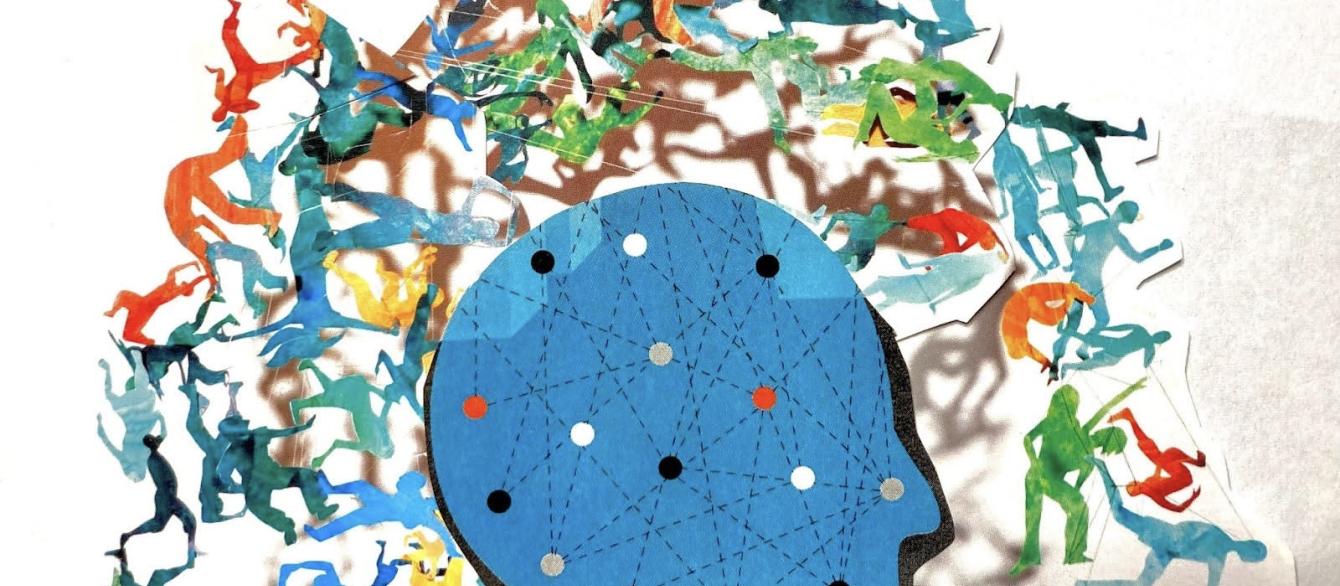Today, educators and students have access to an extraordinary amount of information coming from widely varied sources. This often overwhelming access requires us to make sense of multiple, sometimes contradictory, claims and to reflect deeply on how we understand what we believe to be true and why.
Additionally, we and our students come from varying backgrounds and perspectives.
“Contested realities” recognizes that our understanding of knowledge is shaped by diverse value systems and lived experiences. This notion challenges the idea of a singular, objective truth for all disciplines, suggesting that what we consider “real” can vary significantly among individuals and groups. This presents educators with a particular challenge: Which “realities” do we teach? By exploring contested realities, we engage with critical questions about the nature, sources, and validity of knowledge. For example:
- How do we understand what we believe to be true and why?
- How do our cultural backgrounds shape our interpretations of knowledge?
- How do personal experiences influence what we consider to be true?
- How do power relations affect whose or what knowledge is considered legitimate?
Contested realities are deeply influenced by our situatedness — recognizing that our perspectives shift with context. In the era of AI, where algorithm-driven content can blur the lines of truth, reflecting on the above questions is important for understanding how to critically evaluate knowledge in post-truth environments.
While in Cambridge/Boston, we will stitch together first-hand experience with content, policy, and pedagogy through sessions with experts in educational planning as well as commonly debated topics such as climate change, migration, economic inequality, and civil/political rights. This will include a place-based approach that will highlight indigenous epistemologies and local histories in order to answer:
What are examples of contested knowledge that can lead to conflict and/or peace?
How can educators encourage critical thinking about contested knowledge in their context? Which skills promote exploring diverse viewpoints and contested topics?
What strategies can educators use to build a constructive environment when exploring diverse viewpoints and contested topics?
Daily sessions will be designed with opportunities for participants to experiment with classroom activities focused on transferable skills.
Format
This year’s workshop will take place in person on Harvard’s Cambridge campus Monday, July 28–Thursday, July 31, 2025.
Cost
The cost to attend the workshop is $100. Breakfast and lunch will be provided at no additional cost. Limited funds are available to applicants who *reside outside of Massachusetts* to help defray travel costs. If you are interested and eligible to receive these funds, please indicate your interest in the workshop application form.
Application
Participation in this workshop is based on a competitive application process. Applications are due on April 1, 2025.
Applicants will be notified of their participation status by April 25, 2025.
Questions?
Any questions about the workshop should be addressed to Sandra Grudic.
Sponsorship
This workshop is organized by the Global Studies Outreach Committee, a consortium of centers at Harvard University, including the Davis Center, the Center for African Studies, the Global Health, Education and Learning Incubator and the Weatherhead Center for International Affairs. Additional program support is provided by Religion and Public Life at Harvard Divinity School.
Accessibility
The Davis Center for Russian and Eurasian Studies at Harvard University encourages persons with disabilities to participate in its programs and activities. If you anticipate needing any type of accommodation or have questions about the physical access provided, please contact us at 617-495-4037 or daviscenter@fas.harvard.edu in advance of your participation or visit. Requests for Sign Language interpreters and/or CART providers should be made at least two weeks in advance if possible. Please note that the Davis Center will make every effort to secure services but that services are subject to availability.




